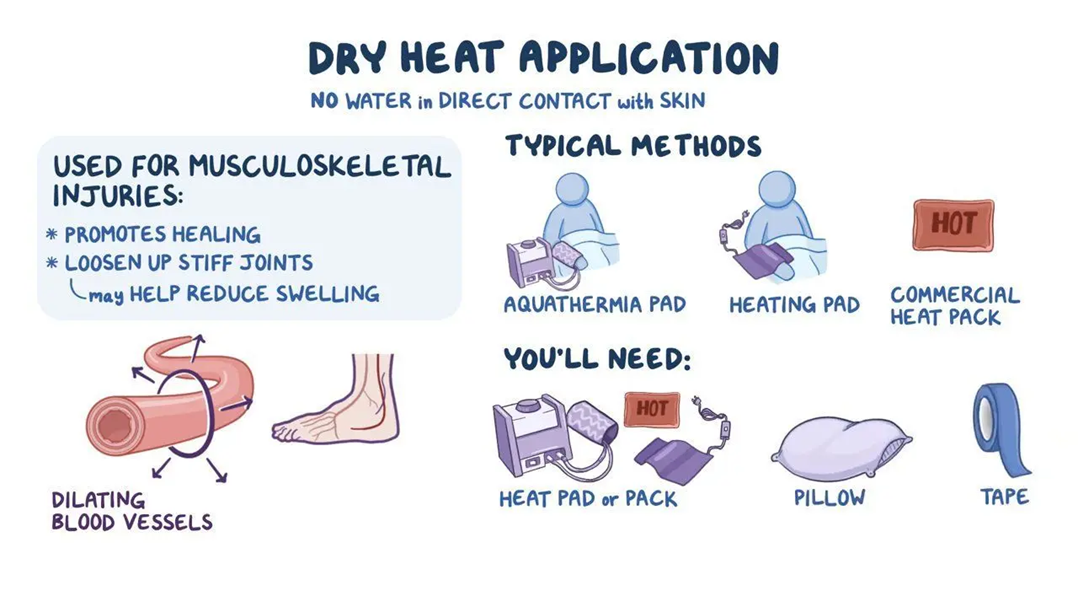A nurse is assessing a client who is receiving vancomycin. The nurse notes a flushing of the neck and tachycardia. Which of the following actions should the nurse take?
Decrease the infusion rate on the IV.
Document that the client experienced an anaphylactic reaction to the medication.
Change the IV infusion site.
Apply cold compresses to the neck area.
The Correct Answer is A
Choice A reason: Decrease the Infusion Rate on the IV
Decreasing the infusion rate on the IV is the appropriate action to take when a client experiences flushing of the neck and tachycardia while receiving vancomycin. These symptoms are indicative of vancomycin flushing syndrome (VFS), also known as “red man syndrome,” which is a reaction caused by the rapid infusion of vancomycin. Slowing the infusion rate allows the body more time to metabolize the drug and can help alleviate the symptoms.
Choice B reason: Document that the Client Experienced an Anaphylactic Reaction to the Medication
Documenting that the client experienced an anaphylactic reaction is not accurate in this scenario. Vancomycin flushing syndrome is an anaphylactoid reaction, not an anaphylactic one. Anaphylactoid reactions are not mediated by IgE antibodies and do not require prior sensitization to the drug. Therefore, it is important to distinguish between the two and document the reaction correctly.
Choice C reason: Change the IV Infusion Site
Changing the IV infusion site is not necessary in this case. The symptoms of flushing and tachycardia are related to the rate of vancomycin infusion, not the site of infusion. Therefore, changing the site would not address the underlying issue.
Choice D reason: Apply Cold Compresses to the Neck Area
Applying cold compresses to the neck area may provide some symptomatic relief, but it does not address the root cause of the reaction. The primary intervention should be to slow the infusion rate to prevent further release of histamine and alleviate the symptoms.
Nursing Test Bank
Naxlex Comprehensive Predictor Exams
Related Questions
Correct Answer is D
Explanation
Choice A reason: Leave the pad in place for at least 40 minutes
Leaving the aquathermia pad in place for at least 40 minutes is not recommended. The typical duration for applying an aquathermia pad is 20 to 40 minutes1. Prolonged exposure beyond this time can lead to complications such as burns or vasoconstriction, where blood vessels constrict instead of dilate, potentially increasing blood pressure and causing discomfort.
Choice B reason: Set the pad’s temperature to 42.2°C (108°F)
Setting the pad’s temperature to 42.2°C (108°F) is too high. The recommended temperature range for an aquathermia pad is generally between 40.5°C to 43°C (105°F to 109.4°F)3. Temperatures above this range can increase the risk of burns and skin damage. It is crucial to follow the manufacturer’s guidelines and institutional protocols to ensure safe and effective use of the pad.
Choice C reason: Use safety pins to keep the pad in place
Using safety pins to keep the pad in place is not safe. Safety pins can puncture the pad, causing leaks and potentially leading to electrical hazards. Instead, the pad should be secured with tape or a cloth cover to ensure it stays in place without causing damage.
Choice D reason: Stop the treatment if the client’s skin becomes red
Stopping the treatment if the client’s skin becomes red is the correct action. Redness of the skin can indicate the beginning of a burn or other skin damage. It is essential to monitor the client’s skin condition frequently during the application of heat therapy and to discontinue the treatment immediately if any signs of adverse reactions, such as redness or discomfort, are observed.

Correct Answer is D
Explanation
Choice A reason: A High Concentration of Carbon Monoxide Can Cause Death
This statement is correct. Carbon monoxide (CO) is a colorless, odorless, and tasteless gas that can be deadly at high concentrations. It binds to hemoglobin in the blood more effectively than oxygen, leading to hypoxia (lack of oxygen) in body tissues. High levels of CO can cause severe symptoms such as confusion, loss of consciousness, and death if not treated promptly.
Choice B reason: I Should Purchase a Carbon Monoxide Detector for My Home
This statement is also correct. Installing a carbon monoxide detector in the home is a crucial safety measure. These detectors can alert individuals to the presence of CO, allowing them to take action before the gas reaches dangerous levels. It is recommended to place detectors near sleeping areas and to test them regularly to ensure they are functioning properly.
Choice C reason: Breathing in Carbon Monoxide Can Cause Headaches and Nausea
This statement is accurate. Early symptoms of carbon monoxide poisoning include headaches, dizziness, nausea, and fatigue. These symptoms occur because CO interferes with the body’s ability to transport and use oxygen, leading to hypoxia. If exposure continues, symptoms can worsen and lead to more severe health issues.
Choice D reason: I Can Detect the Presence of Carbon Monoxide by a Metallic Odor
This statement indicates a need for further instruction. Carbon monoxide is odorless, which means it cannot be detected by smell. This is why CO is often referred to as a “silent killer.” Relying on the ability to smell CO is dangerous and ineffective. The only reliable way to detect CO is through the use of a carbon monoxide detector.
Whether you are a student looking to ace your exams or a practicing nurse seeking to enhance your expertise , our nursing education contents will empower you with the confidence and competence to make a difference in the lives of patients and become a respected leader in the healthcare field.
Visit Naxlex, invest in your future and unlock endless possibilities with our unparalleled nursing education contents today
Report Wrong Answer on the Current Question
Do you disagree with the answer? If yes, what is your expected answer? Explain.
Kindly be descriptive with the issue you are facing.
